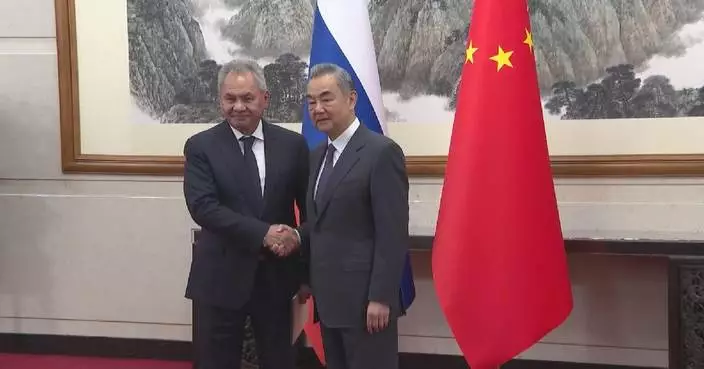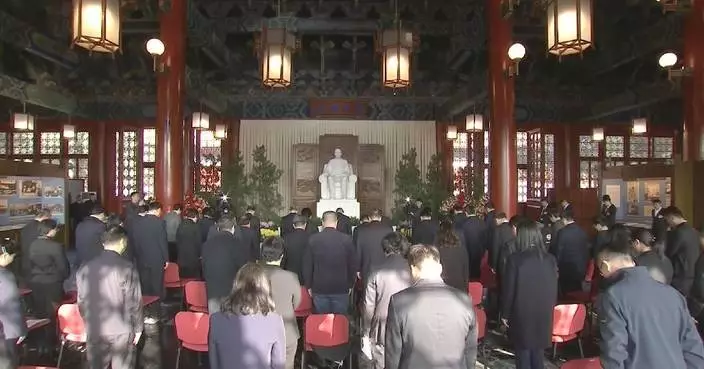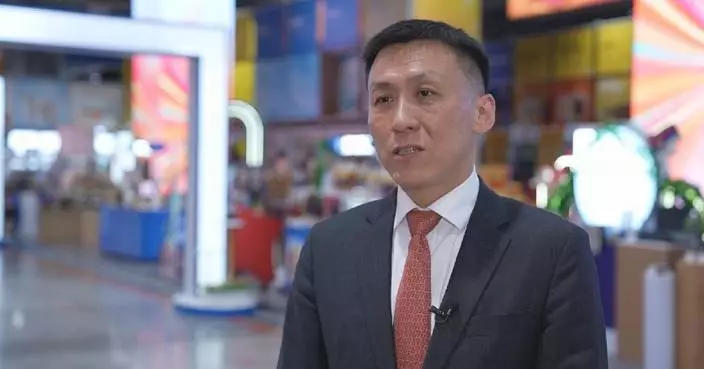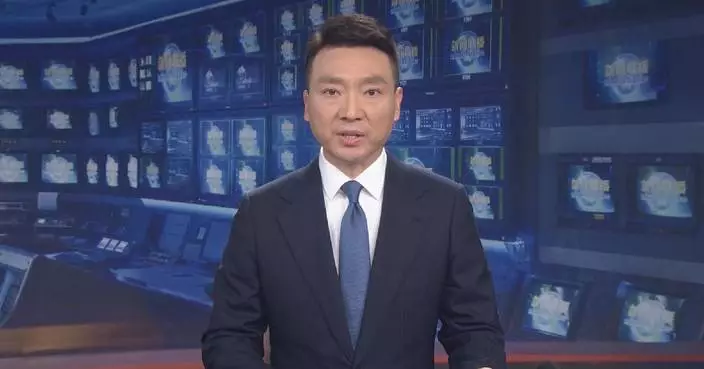China's newly approved debt relief package will help local governments refocus on revitalizing their economies without worrying about debt burdens in the coming years, a Chinese fiscal sciences expert said in Beijing on Friday.
Chinese lawmakers have approved a State Council bill on raising the ceiling on local government debt by 6 trillion yuan (about 840 billion U.S. dollars) to replace existing hidden debts. Under the new arrangement, the debt ceiling for special local government debt will be increased to 35.52 trillion yuan from 29.52 trillion yuan by the end of 2024.
"It is safe to say that the new quota is a timely help in freeing local governments from their debt dilemma, enabling them to pursue economic development and improve people's livelihoods without all the pressure," said Yang Zhiyong, president of the Chinese Academy of Fiscal Sciences.
Also starting from 2024, China will set aside 800 billion yuan from each year's new special-purpose bonds for local governments for five consecutive years, thereby providing debt relief to replace 4 trillion yuan of hidden debts.
The new measures will add a combined 10 trillion yuan to China's debt relief resources.
Meanwhile, the 2 trillion yuan of hidden debts resulting from housing improvement projects in run-down areas due by 2029 and beyond will be paid in accordance with the original contracts.
As a result, the amount of hidden debts that China's local governments need to deal with by 2028 is expected to drop from 14.3 trillion yuan to 2.3 trillion yuan.
"The recent announcement revealed that hidden debts of local governments across the country amounted to 14.3 trillion yuan at the end of 2023. This figure, which was identified project by project and audited step by step through various levels of government, served as the most important basis for policymaking. Faced with such data, we have taken steps to address and resolve the issue. I believe this demonstrates greater transparency in debt management. With this solid and transparent debt information, we have made more informed decisions," said Yang.

Fresh debt relief package to help local gov'ts refocus on economic growth: expert









